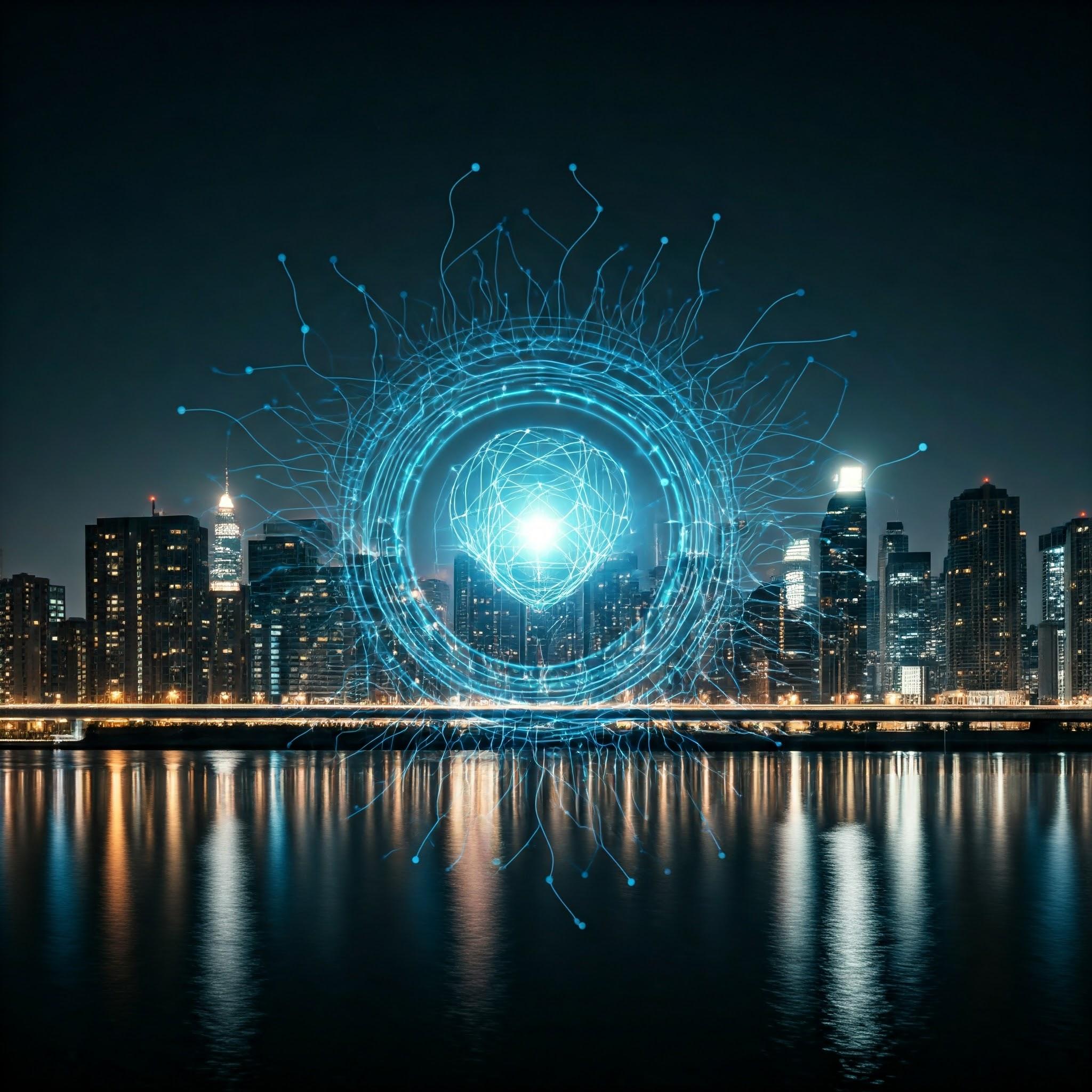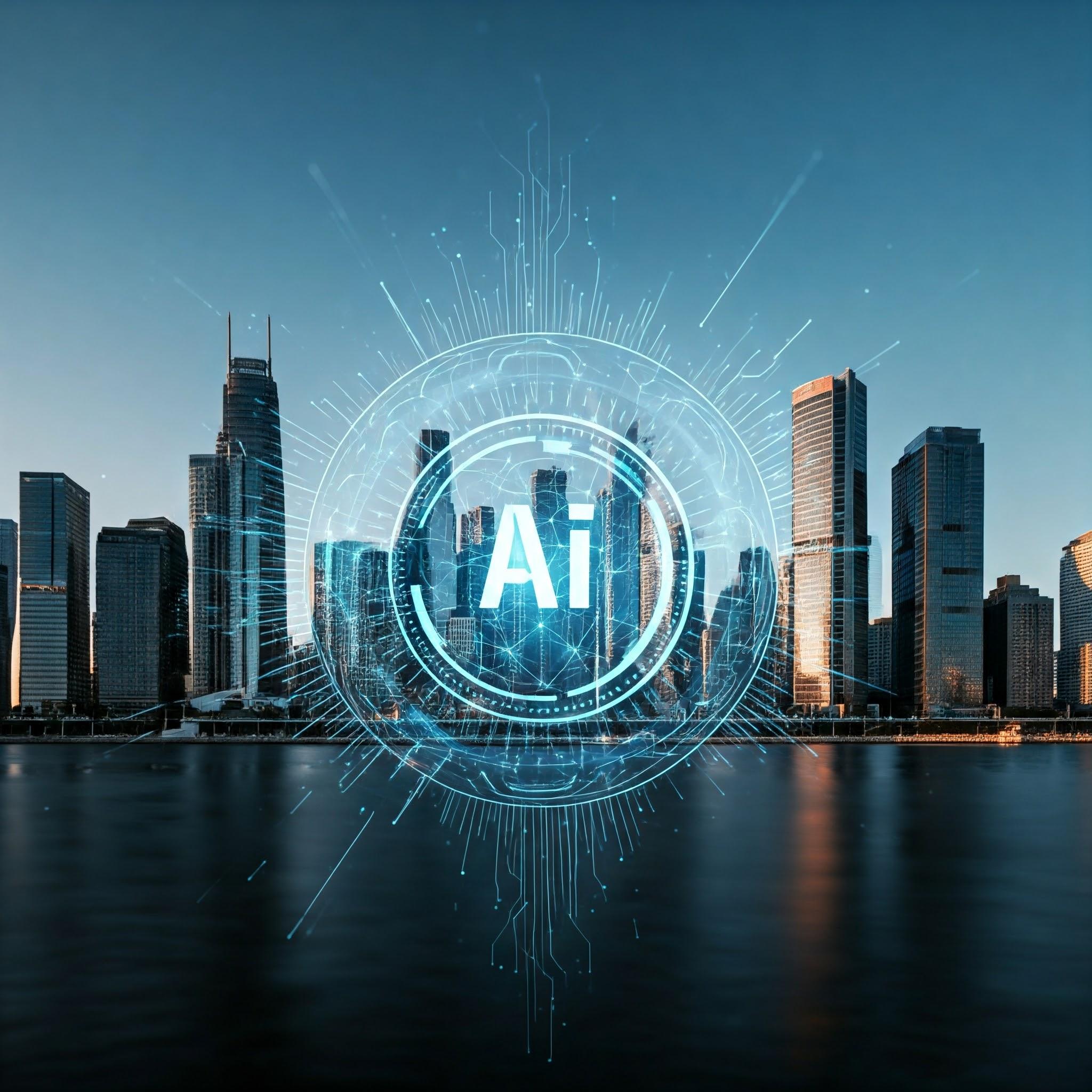THE ESSENCE OF HARD COPY DICTIONARIES
In Ghana’s current educational landscape, the use of hard copy dictionaries, especially in second-cycle institutions, has drastically declined. This was not the case just a few years ago. But what are the implications of this shift on learners’ literacy development?
First, the decline has affected learners' scanning skills. Without the regular use of physical dictionaries, many students struggle to master scanning, a skill that is essential for reading comprehension. With electronic dictionaries, there is no need to scan; you just type the word, and the meaning appears instantly.
Secondly, learners are missing out on incidental vocabulary acquisition. While flipping through hard copy dictionaries, students often stumble upon new words. That kind of passive exposure is rare with the digital versions.
In addition, the once-common habit of building a personal word bank is slowly fading. Sure, students can Google a word’s meaning anytime, which is convenient, but it also means fewer are keeping a personal record of new vocabulary they encounter while reading. ✍
My Suggestion:
Let us encourage a hybrid approach of using both hard copy and digital dictionaries in our classrooms. This could enhance vocabulary development, spelling, scanning skills, and overall reading comprehension.
What’s your take on the use of hard copy dictionaries in schools today?
Should we encourage their usage alongside the digital ones?
Can you think of any other benefits of using hard copy dictionaries?
📘 THE ESSENCE OF HARD COPY DICTIONARIES 📘
In Ghana’s current educational landscape, the use of hard copy dictionaries, especially in second-cycle institutions, has drastically declined. 📉 This was not the case just a few years ago. But what are the implications of this shift on learners’ literacy development? 🤔
First, the decline has affected learners' scanning skills. Without the regular use of physical dictionaries, many students struggle to master scanning, a skill that is essential for reading comprehension. With electronic dictionaries, there is no need to scan; you just type the word, and the meaning appears instantly. 💻 ➡️ 📖
Secondly, learners are missing out on incidental vocabulary acquisition. While flipping through hard copy dictionaries, students often stumble upon new words. That kind of passive exposure is rare with the digital versions. 📚 🔍
In addition, the once-common habit of building a personal word bank is slowly fading. Sure, students can Google a word’s meaning anytime, which is convenient, but it also means fewer are keeping a personal record of new vocabulary they encounter while reading. 🧠 ✍
📝 My Suggestion:
Let us encourage a hybrid approach of using both hard copy and digital dictionaries in our classrooms. This could enhance vocabulary development, spelling, scanning skills, and overall reading comprehension. 🆙📖✨
💬 What’s your take on the use of hard copy dictionaries in schools today?
👉 Should we encourage their usage alongside the digital ones?
🤔 Can you think of any other benefits of using hard copy dictionaries?














